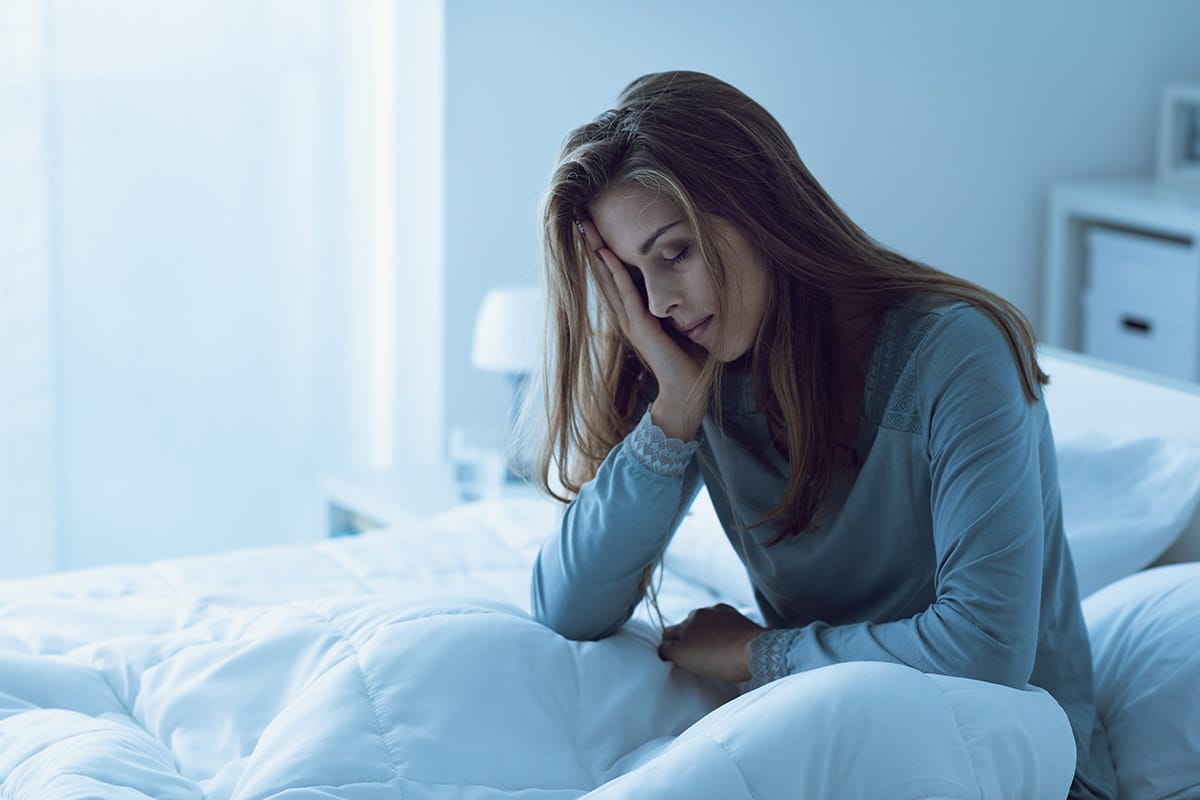
People seeking treatment for mental health or addiction issues often have a co-occurring depression disorder. Depression and anxiety are the two most common mental health disorders to accompany addictions. In some cases, addiction is the main cause of seeking treatment, and you also are diagnosed with depression. Then, you will need to get depression disorder treatment in addition to the addiction recovery work because these two disorders are very much intertwined.
Depression can make it difficult to stick with addiction treatment, especially if you are feeling overwhelmed or hopeless. However, it is important to get both disorders treated in order to have the best chance of long-term success. Treatment for depression may include medication, therapy, or a combination of both. There are also many self-help strategies that can be helpful, such as exercise, relaxation techniques, and journaling. If you are struggling with depression and addiction, it is important to get help from a qualified professional. Don’t try to go it alone—the combination of these two disorders can be very tricky to treat.
Determining whether you are suffering from depression or anxiety may be difficult as many of their symptoms overlap. A trained counselor will be able to distinguish them. Both are complicated disorders, but both can also receive effective treatment.
If you’d like to know more about depression disorder and residential addiction treatment, reach out to us today at 888.541.9239.
5 Signs of Depression Disorder
There are many signs of depression disorder. Some people may only experience a few symptoms, while others may experience many. If you are concerned that you or someone you know may be experiencing depression, it is important to seek help.
Here are five common signs of depression disorder:
1. Feeling Helpless or Hopeless
These two feelings are similar but come with slight differences. The feeling of helplessness comes from feeling you have no control over a situation. When you feel hopeless, you believe that whatever you do, nothing is going to change. In either case, you are disheartened and feel that the pain and darkness surrounding you at the moment will always be there. You want to give up because it doesn’t make sense to continue fighting a losing battle.
2. Being Consistently Angry or Irritable
You may not notice this trait in yourself, but it will be noticeable by everyone around you. Have you ever met someone who didn’t have a positive thing to say about anyone or anything? They always found the one wrong thing in every situation. Others have moments of what seems like positivity, but the smallest thing can set them off. They are easily irritated and can become angry over something nobody else even notices.
3. Lack of Energy
With depression, every action seems to be complicated. You don’t have the energy to do even ordinary things like taking a shower or eating. Some people who have depression want to sleep all the time. They don’t have any energy to get up and move, make decisions, or interact with the world. Other people may go to the other extreme and experience insomnia. The results are the same because the lack of sleep makes it impossible for the body to refill its energy reserve.
4. Reckless Behavior
People who have no hope feel like they have nothing to lose. Some will turn to behaviors they know are harmful such as drug or alcohol use, sexual activities that put them in danger. They will also engage in other activities like careless driving or do things without regard to safety precautions.
5. Unexplained Illness
The mind and body are closely related, resulting in depression leading to unexplained physical complaints such as:
- Stomach aches
- Headaches
- Muscle pain
- Back pain
Medical tests will show that nothing is wrong. Unfortunately, this does not mean that these symptoms are all in your mind. The pains and discomfort are real. Depression is causing them, and a blood test or x-rays won’t identify it.
Depression Treatment Near Lancaster Can Help
In fact, depression and addiction are two common disorders that often occur together. If you are seeking treatment for addiction, you may also be diagnosed with depression. It is important to get treatment for both disorders in order to have the best chance of success.
At Naaman, we strive to give you the support you need. We offer a range of services, including:
- Detox services
- Addiction treatment
- Inpatient treatment
- Outpatient treatment
- Faith-based treatment
Depression disorder treatment is much more than taking a pill. Clients who have contacted Naaman soon learn that the medication helps make it easy to do the work you need to help pull yourself from the depths of depression.
We all need help at times and reaching out now for help with your depression disorder or any other mental health or addiction is the first step to a brighter future full of happiness and promise. Reach out today by calling 888.541.9239.
